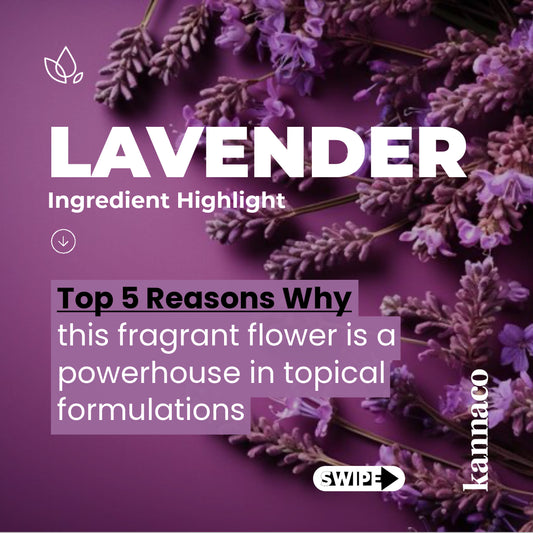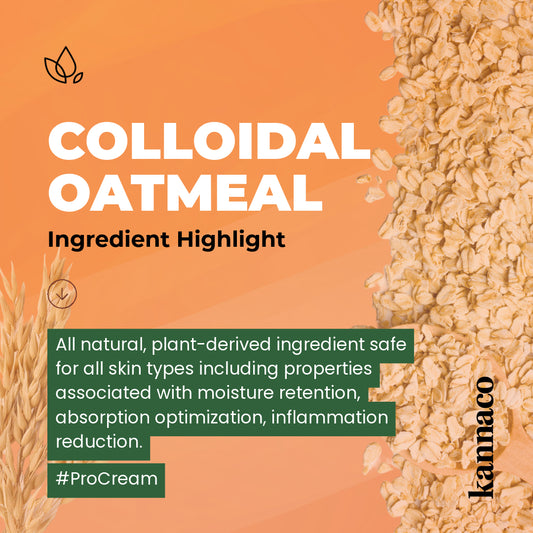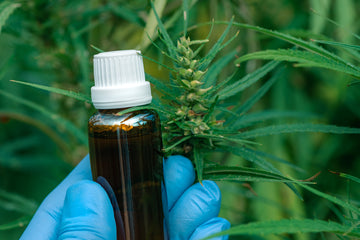CBD vs. THC - What's the Difference?
CBD & THC: Where do they come from?
CBD and THC are the hottest new celebrities, and they are certainly the talk of the cannabis world. But these rising stars are also often misunderstood, partly due to the confusion between terms of where these two compounds come from, like “hemp,” “Cannabis,” and “marijuana.” These terms are NOT interchangeable.
Perhaps some clarification is in order… Cannabis is a species of plant family; of which there are three primary types of cannabis in Cannabis Sativa, Cannabis Indica, and Cannabis Ruderalis. Now here’s the kicker – what if I told you that hemp and marijuana weren’t actually “types” of plants, but rather just primarily legal terms denoting the above types of cannabis that are grown to have either less than 0.3% THC (hemp) or more than 0.3% THC (marijuana)? So, this is to say that hemp is federally obligate to be below that 0.3% threshold, where generally in flower, THC can be found to be at or above 20% naturally.
So, to further set the record straight:

Graphic provided by Medium
Now onto CBD vs. THC
CBD stands for cannabidiol and is one of hundreds of phytochemicals found in the Cannabis plant. THC stands for tetrahydrocannabinol (Gesundheit!) and while it is also a phytochemical, like CBD, but acts with the body in different ways.
Molecular Difference?
Cannabinoids are molecules found within the hemp plant. THC and CBD are only 2 of over 100 cannabinoids, each a completely different molecule that interacts with our endocannabinoid system in unique ways. One of the reasons THC and CBD are so fabulous is because they have chemical structures that copy the natural endocannabinoids in our body.
Endocannabinoids are cute little chemical messengers (the science-y term is neurotransmitters) in our brain. These messengers send signals between nerve cells in the body, which can impact sleep, pain, appetite, mood, and our immune system. Even though CBD and THC have the same basic molecular structure and chemical formula (That’s 21 carbon, 30 hydrogen, 2 oxygen for all you nerds out there), the difference is in how they interact with endocannabinoids and our body’s receptors. Different interactions cause different effects in the body.
Let’s pretend all the cannabinoids found in the hemp plant were a bag of marbles. Each unique marble represents a new molecule. THC, for instance, is the little blue and green marble. CBD is the radical orange, swirly one. Their chemical structure is the same (they are both marbles), but the chemical properties are different.
THC has a more direct effect with the brain, which is why it has a psychoactive effect (feeling high), while CBD on the other hand works indirectly with the brain, enabling your bodies endocannabinoid system to fire on its own.
Pros and Cons
Because THC works on your brain receptors as mentioned above, you get that euphoric “high” sensation. Although it has been shown (in small doses) to hold medicinal qualities, the legality is still confusing and difficult to navigate. Not only this, but this psychoactive effect itself can of course be a pro or a con, depending on your view on this feeling. Some would rather have the benefits of the cannabinoid without the high if they tend to have other than desired effects from the psychoactive element.
CBD does not work at your receptors. Instead, it does this really cool thing called “modulation.” Because you have natural cannabis molecules in your body and brain (through the endocannabinoid system), CBD can turn things up, or turn them down, without getting you high.
At the end of the day, there are always going to be strengths and drawbacks to the cannabinoid that you choose to go forward with. Ultimately, it’s always best to be as informed as you can, take into account the pro’s and con’s, and choose for yourself if THC, CBD, or a combination of the two are best for you.
Have a friend or family member who might be confused between these two? Share this article to your network below!










No comments